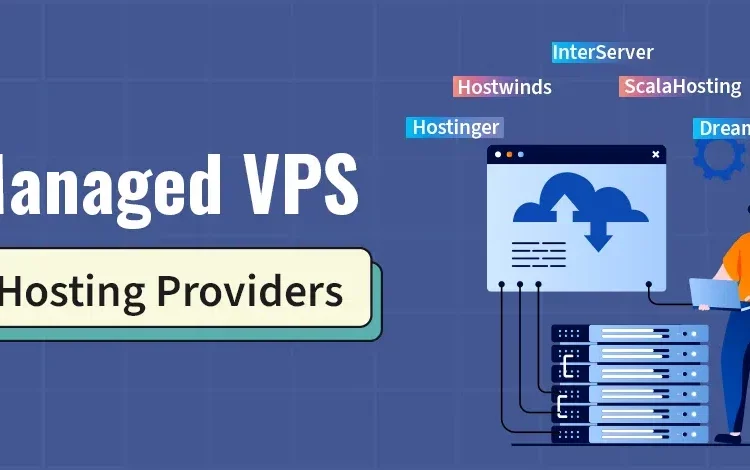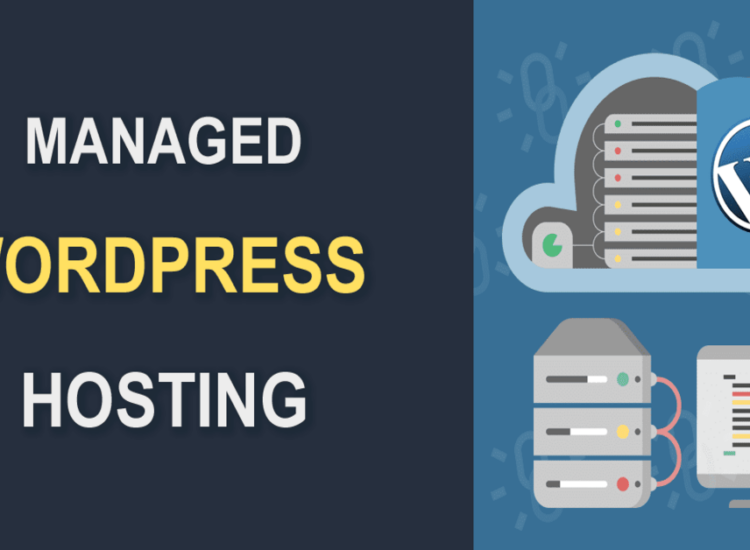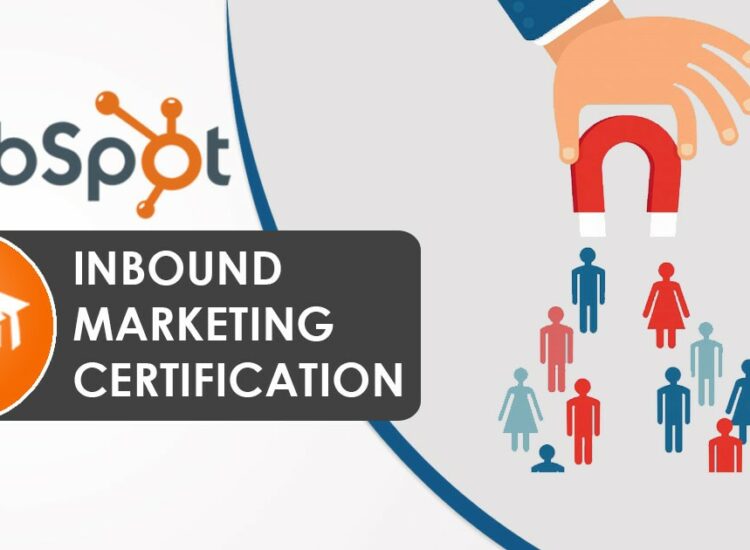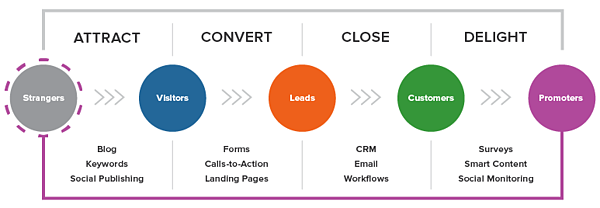Launching a website can feel overwhelming, especially when considering the cost of hosting. While paid hosting offers robust features and reliability, finding a good free hosting website can be a viable option for beginners, personal projects, or those on a tight budget. However, navigating the landscape of free hosting requires careful consideration, as limitations often accompany the cost-effectiveness.
Toc
- 1. Understanding the Landscape of Free Web Hosting
- 2. What to Consider When Choosing a Good Free Hosting Website
- 3. Related articles 01:
- 4. Top Free Website Hosting Platforms for Beginners
- 5. Beyond Free: Affordable Hosting Options for Growing Websites
- 6. Upgrading from Free to Paid Hosting
- 7. Frequently Asked Questions
- 8. Related articles 02:
- 9. Conclusion
Understanding the Landscape of Free Web Hosting
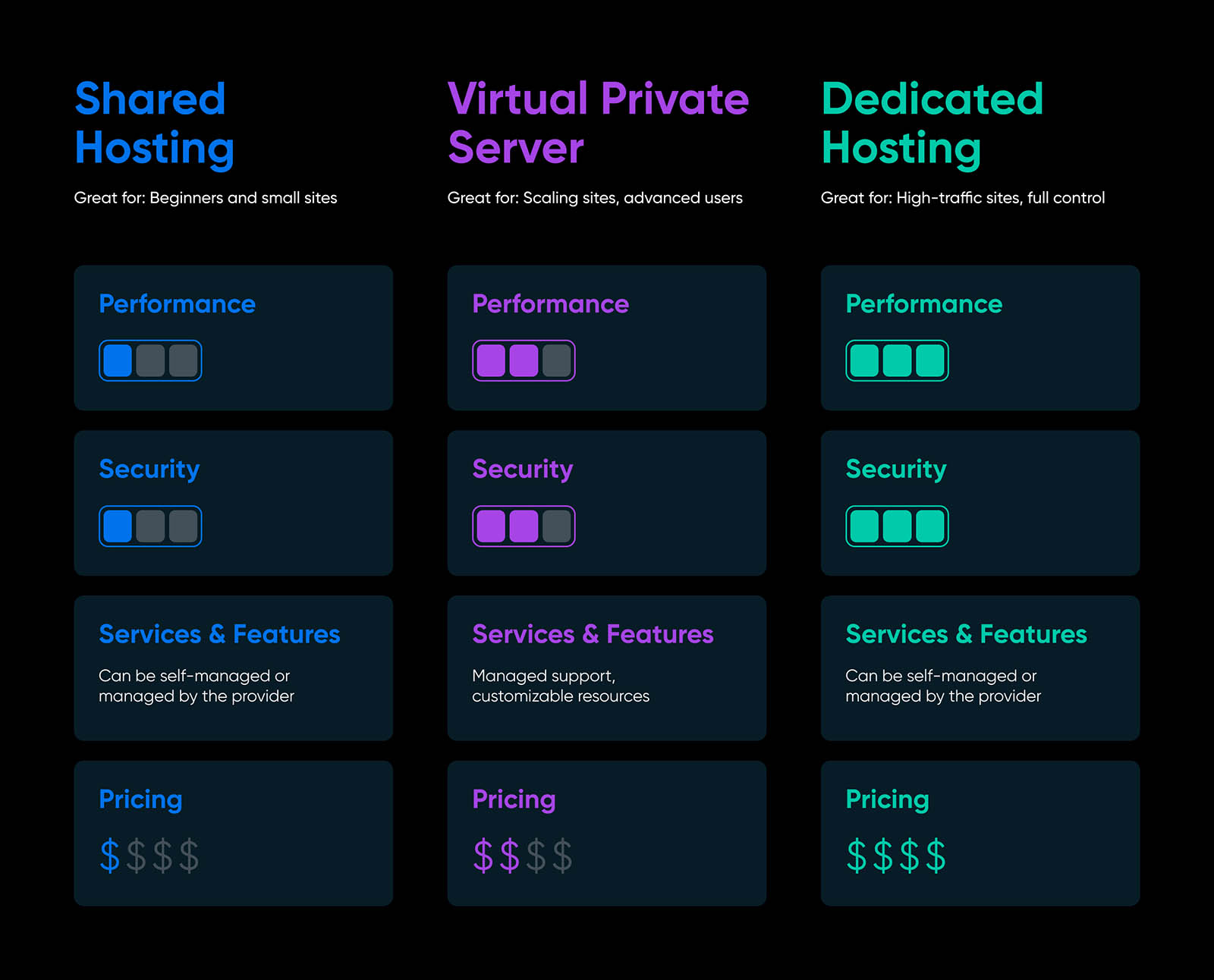
Free web hosting refers to a service that allows users to host their websites without incurring any costs. While this option is attractive, it often comes with certain drawbacks that users should be aware of.
Benefits of Free Hosting
- Cost-Effectiveness: The most significant advantage of a good free hosting website is that it allows you to get your site online without any upfront investment. This is particularly beneficial for those who are just starting or have limited financial resources.
- Ease of Use: Many free hosting platforms come with user-friendly interfaces and website builders, making it easier for beginners to create and manage their websites. For beginners, a drag-and-drop interface is a game-changer. Platforms like Wix and Weebly excel in this area. Their intuitive builders allow users to simply drag elements like text boxes, images, and videos onto their website without needing to write any code. This simplicity makes website creation accessible to anyone, regardless of their technical background.
- Learning Opportunity: Free hosting provides a platform for individuals to learn about website development, design, and content management without the pressure of financial commitment. For students and hobbyists, free hosting is a fantastic playground to experiment with website development, design, and content management without the pressure of financial commitment. This is particularly valuable for those looking to gain practical experience.
- Experimentation: With free hosting, users can experiment with different website designs, layouts, and content without the fear of financial loss. This freedom can lead to creativity and innovation.
Limitations of Free Hosting
- Storage and Bandwidth Restrictions: Most top free web hosting services impose limits on storage space and bandwidth, which can hinder your website’s growth. If your site attracts significant traffic, you may quickly reach these limits, leading to slow performance or downtime. For example, Wix’s free plan offers 500 MB of storage and 1 GB of bandwidth, which might be sufficient for a simple portfolio website but could quickly become restrictive for a blog with regular updates or an e-commerce store.
- Advertisements: Many free hosting sites display ads on your website, which can detract from the user experience and make your site appear less professional. These ads are often placed in prominent locations, drawing attention away from your content.
- Performance Issues: Free hosting often leads to slower load times and less reliable service compared to paid options, which can negatively impact your site’s performance. Slow websites can frustrate visitors and lead to higher bounce rates. While free hosting can sometimes lead to slower load times, it’s not always the case. Some free hosting providers offer decent performance, especially if your website is relatively simple and receives low traffic. However, it’s crucial to research the provider’s reputation and server infrastructure before choosing a free hosting plan.
- Lack of Control: Users may find themselves with limited customization options and less control over their websites, which can be frustrating for those looking to develop a unique online presence. Additionally, you may not have access to certain features or tools that could enhance your site.
- Security Concerns: Free hosting services may not provide the same level of security as paid options. This can leave your website vulnerable to hacks or data loss, which is particularly concerning if you’re handling sensitive information.
When Free Hosting is a Good Fit
Free hosting can be an excellent choice for personal projects, hobbies, testing new ideas, or for non-profit organizations with tight budgets. It’s also suitable for students and learners who wish to experiment with website development. The recent popularity of static site generators like Jekyll and Hugo has been steadily gaining momentum since around 2014, making free hosting a more viable option for certain projects. These generators create websites from simple text files, resulting in fast-loading, secure, and cost-effective sites. Because they don’t require a database, they can be hosted on free platforms like GitHub Pages or Netlify, which offer free hosting with generous bandwidth and storage limits. For instance, if you want to create a personal blog, showcase your photography, or build a simple portfolio, free hosting can provide a solid foundation.
When Paid Hosting is a Better Option
For those serious about building a professional website, especially for businesses or high-traffic sites, investing in a paid hosting plan is often the better choice. Paid hosting typically provides more robust features, better performance, increased storage, and reliable customer support. The growing prevalence of cyber threats has made security a top priority for website owners. Paid hosting providers often offer robust security features like DDoS protection, malware scanning, and automated backups, which are essential for protecting your website and your users’ data. If your goal is to establish a brand or generate revenue through your website, the investment in paid hosting is likely to pay off in the long run.
What to Consider When Choosing a Good Free Hosting Website
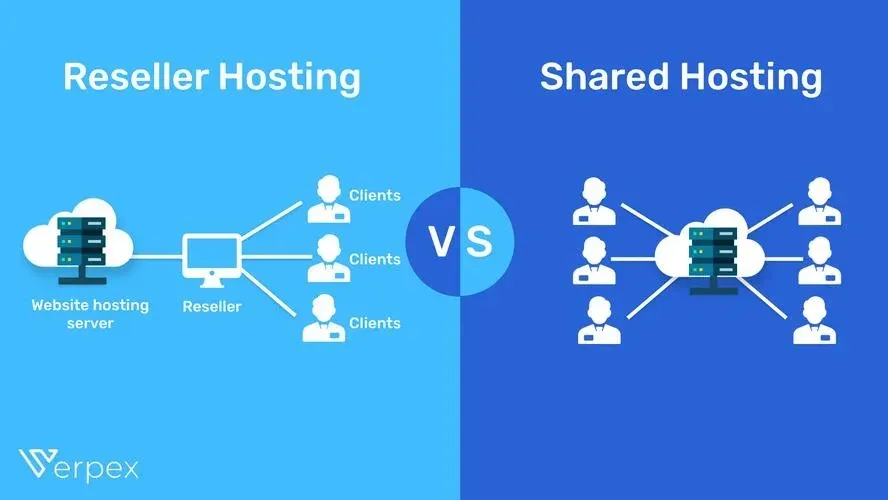
Selecting the right good free hosting website requires careful consideration of several factors:
Ease of Use
Look for platforms that offer intuitive interfaces and simple website-building tools. This is especially important for beginners who may not have technical expertise. A user-friendly dashboard can make a significant difference in the website creation process.
Features
Evaluate the essential features that each platform offers, such as storage space, bandwidth, custom domain support, and additional tools or integrations that may enhance your website. When considering features, think about your website’s future growth. Some free hosting platforms offer limited storage and bandwidth, which can hinder your site’s performance as you add content or attract more traffic.
Design Templates
Ensure that the platform provides a variety of attractive, modern templates that align with your website’s branding and purpose. A good selection of templates can help you create a visually appealing site without needing extensive design skills.
Customer Support
Reliable customer support is crucial, particularly for beginners who may encounter technical difficulties. Check if the platform offers adequate support channels, such as live chat, email, or community forums. A responsive support team can help you resolve issues quickly.
Scalability
Consider how well the platform can accommodate your website’s growth over time. A good free hosting website should allow for some level of upgrade or expansion as your needs evolve. This can include options for additional storage, bandwidth, or premium features.
1. https://freddovietnam.net/mmoga-vps-hosting-free-for-beginners-get-started-today
Top Free Website Hosting Platforms for Beginners
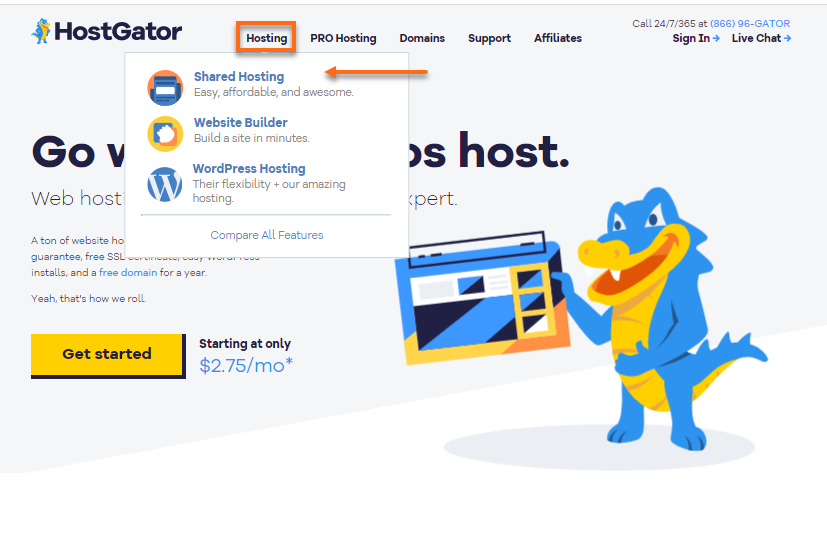
If you’re searching for a good free hosting website, here are some of the top free hosting sites to consider in 2024:
Wix
Wix stands out as a leading website builder that offers a robust free hosting plan.
- Key Features: Users can create websites using a drag-and-drop interface and a variety of templates. The free plan includes 500 MB of storage, 1 GB of bandwidth, and a Wix subdomain.
- Pros: Wix is known for its user-friendly interface and a wide selection of mobile-responsive templates. The platform also provides various apps and integrations to enhance functionality.
- Cons: The free plan includes Wix ads, and users cannot connect a custom domain, limiting branding opportunities. Additionally, the storage and bandwidth limits may not suffice for larger projects.
Weebly
Weebly is another popular choice among beginners looking for a good free hosting website.
- Key Features: The platform offers a drag-and-drop builder, 500 MB of storage, and the ability to create up to five pages with a Weebly subdomain.
- Pros: Weebly provides a simple interface and e-commerce capabilities, making it easy to showcase portfolios or sell products. It also offers built-in SEO tools to help improve your site’s visibility.
- Cons: Branding from Weebly appears on free plans, and storage and bandwidth are limited. This can be a drawback for users looking to grow their online presence.
WordPress-com
WordPress.com provides a hosted version of the well-known WordPress content management system.
- Key Features: The free plan offers 3 GB of storage, a WordPress.com subdomain, and access to a selection of free themes. Users can create blogs and websites with ease.
- Pros: It’s a powerful platform with a large community and extensive support resources. The flexibility of WordPress allows for future upgrades to paid plans for additional features.
- Cons: Ads are displayed on free plans, and users have limited customization options compared to self-hosted WordPress solutions. This can restrict branding and functionality.
Strikingly
Strikingly allows users to create single-page websites with ease.
- Key Features: The free plan includes 500 MB of storage and 5 GB of monthly bandwidth, along with a Strikingly subdomain and a basic online store feature for selling one product.
- Pros: This platform is incredibly user-friendly and optimized for mobile devices. It’s ideal for landing pages or simple promotional sites.
- Cons: Its functionality is limited, making it unsuitable for complex websites or those requiring multiple pages. Users may find themselves needing more features as they grow.
Jimdo
Jimdo offers a straightforward website builder with a free hosting option.
- Key Features: The free plan includes 500 MB of storage, 2 GB of bandwidth, and a Jimdo subdomain. Users can create a professional-looking website quickly.
- Pros: Users benefit from a user-friendly drag-and-drop interface and modern templates. Jimdo also offers basic e-commerce features, which can be helpful for small businesses.
- Cons: The free plan includes Jimdo branding, and customization options are somewhat limited compared to competitors. Users may find it challenging to create a unique site.
Beyond Free: Affordable Hosting Options for Growing Websites
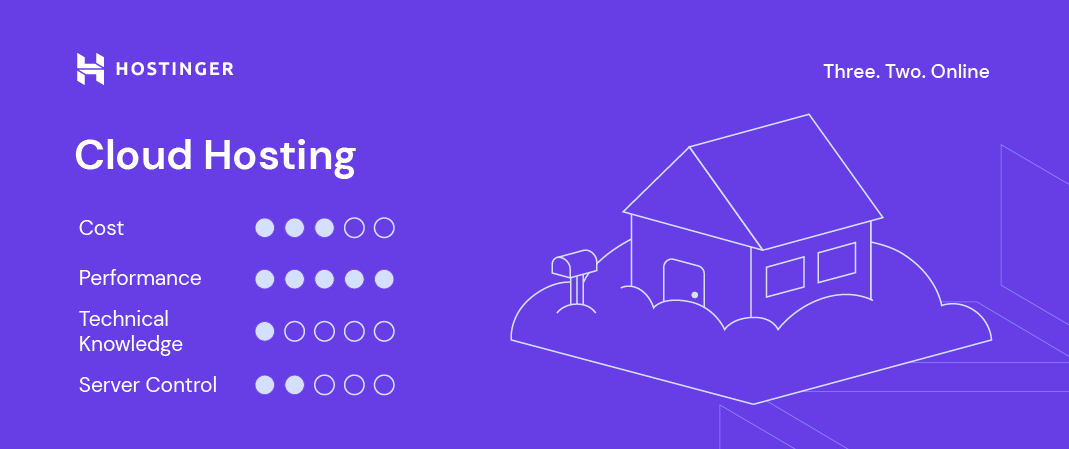
As your website matures, you may want to explore affordable paid hosting options. Here are some benefits and popular providers to consider:
Benefits of Paid Hosting
Paid hosting plans typically offer increased storage, bandwidth, advanced features, and improved performance. These advantages can significantly enhance your website’s reliability and user experience. For example, paid hosting often includes:
- Faster Load Times: With dedicated resources, your website can load faster, improving user experience and SEO rankings.
- Enhanced Security: Paid plans typically offer better security features, such as SSL certificates and regular backups, protecting your data and visitors. The growing prevalence of cyber threats has made security a top priority for website owners.
- Customer Support: Many paid hosting providers offer 24/7 customer support, ensuring you have assistance whenever you need it.
Popular Paid Hosting Providers
- Bluehost: Known for its user-friendly interface, Bluehost offers plans starting at $1.99 per month, including a free domain name and SSL certificate. It’s an officially recommended provider for WordPress hosting.
- Hostinger: With shared hosting plans starting at $2.69 per month, Hostinger provides a free domain, email addresses, and a 30-day money-back guarantee. It also features a user-friendly control panel and one-click installers for various CMS platforms.
- SiteGround: Recognized for exceptional customer support, SiteGround’s plans begin at $2.99 per month and include SSD storage and advanced optimization features. Their data centers around the world ensure quick loading times for visitors.
Upgrading from Free to Paid Hosting
Transitioning from free to paid hosting involves evaluating your website’s growth and determining the necessary features for your needs. When you reach a point where your site is attracting more visitors or requires additional resources, it’s time to consider making the switch. The process typically involves:
- Backing Up Your Site: Ensure you have a backup of your website content before migrating.
- Choosing a Paid Plan: Select a hosting plan that aligns with your current needs and future growth.
- Migrating Your Content: Many hosting providers offer migration services to help transfer your website from a free platform to their paid service smoothly.
Frequently Asked Questions
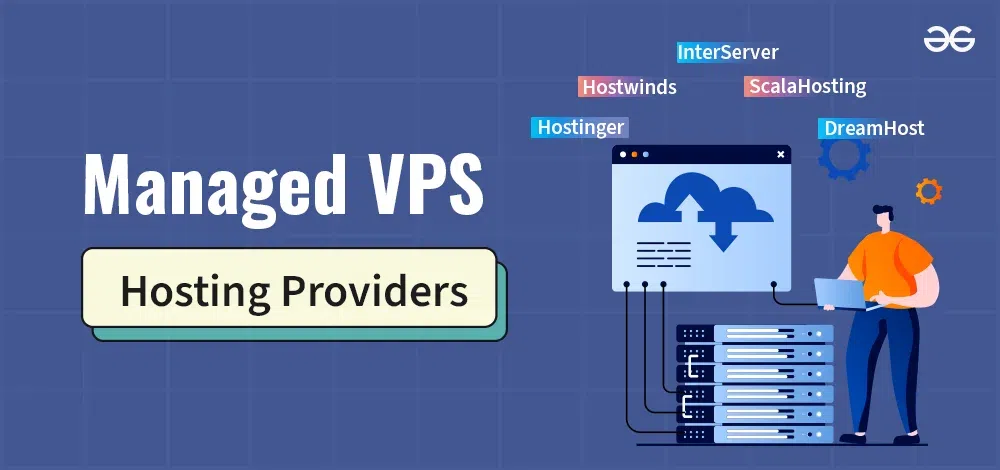
Is free hosting really free?
3. https://freddovietnam.net/mmoga-vps-hosting-free-for-beginners-get-started-today
While the initial service may be free, many providers generate revenue through ads displayed on your website or by encouraging users to upgrade to paid plans. Always read the terms of service to understand what you’re agreeing to.
How long can I use free hosting?
Most top free web hosting providers allow indefinite use, but limitations may arise as your website grows in traffic and content. Some platforms may impose restrictions or encourage upgrades after a certain period.
Can I use free hosting for a business website?
Generally, free hosting is not recommended for business websites due to limited features, performance, and reliability. For serious projects, investing in a paid hosting plan is usually the best option.
What happens if I exceed my storage or bandwidth limits?
If you exceed your allocated storage or bandwidth limits on a free hosting plan, your website may experience slower load times, downtime, or even be temporarily taken offline until the next billing cycle or until you reduce usage.
Can I switch from free hosting to paid hosting later?
Yes, most platforms allow you to upgrade from free to paid hosting plans. The transition typically involves selecting a paid plan and migrating your content, which many providers assist with.
Conclusion
In conclusion, a good free hosting website can serve as a valuable starting point for beginners, personal projects, or those on a limited budget. However, as your website grows, it’s essential to consider upgrading to a paid hosting plan for enhanced performance, reliability, and support. By carefully evaluating the top free hosting sites and understanding their limitations, you can make an informed decision that aligns with your website’s needs and goals. The right hosting solution can significantly impact your online success, so choose wisely!
Ultimately, whether you decide to stick with a free hosting platform or invest in a paid option, understanding the landscape of web hosting will empower you to create a successful online presence.

